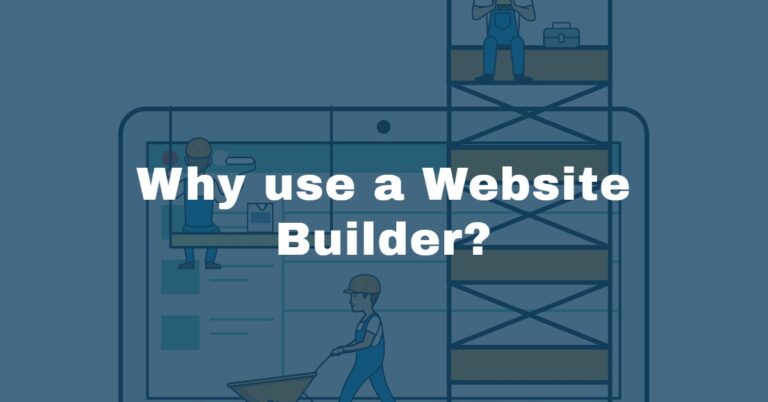A Step-by-Step Guide to Becoming a Skilled WordPress Developer
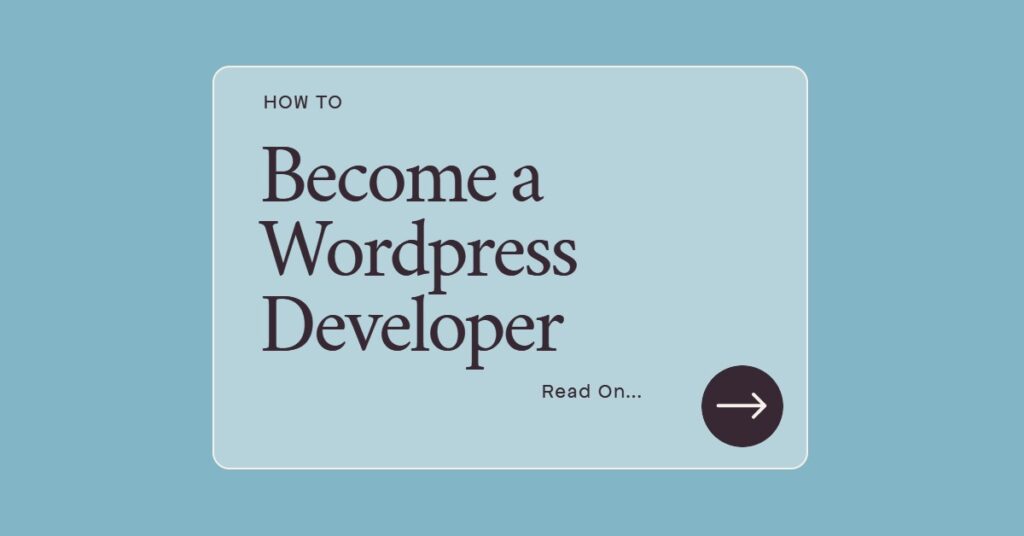
Are you intrigued by the world’s most widely used content management system and considering a career in website development?
Well, you’re in the right place, because turning into a WordPress developer could be your ideal career trajectory!
Whether you’re an experienced coder looking to focus on a niche, or a tech aficionado eager to set sail on an exciting new career path, this blog post is your step-by-step guide to mastering WordPress.
From getting the hang of the platform to high-level topics like theme creation and plugin modification, we’ll go through all the must-know information to turn your WordPress curiosity into a thriving career.
Let’s dive deep into the tools, talents, and tried-and-true methods you’ll need to craft attractive, practical, and responsive websites that leave a mark in the digital world.
So, Who is a WordPress Developer?
WordPress Developers are the creative brains behind designing and developing WordPress themes, plugins, and the many features that make WordPress an influential content management system.
To excel, WordPress Developers need a firm grasp of programming languages such as HTML, CSS, JavaScript, and PHP.
It’s also crucial for them to understand the building blocks of WordPress’s structure and ways to integrate third-party services and APIs. Plus, they should be in the know of SEO best practices to optimize WordPress websites for superior search engine placements.
Moreover, they should be adept at working with databases, having hands-on experience with MySQL and similar database technologies. Detecting and fixing any website issues is another vital skill.
Beyond the tech specs, a WordPress Developer should be a great communicator, capable of collaborating with clients to ensure the website fits their vision.
Becoming a WordPress Developer is a doable dream.
Armed with the right tech capabilities and an aptitude for client communication, you’re on the fast track to becoming a successful WordPress Developer.
What Does a WordPress Developer Do?
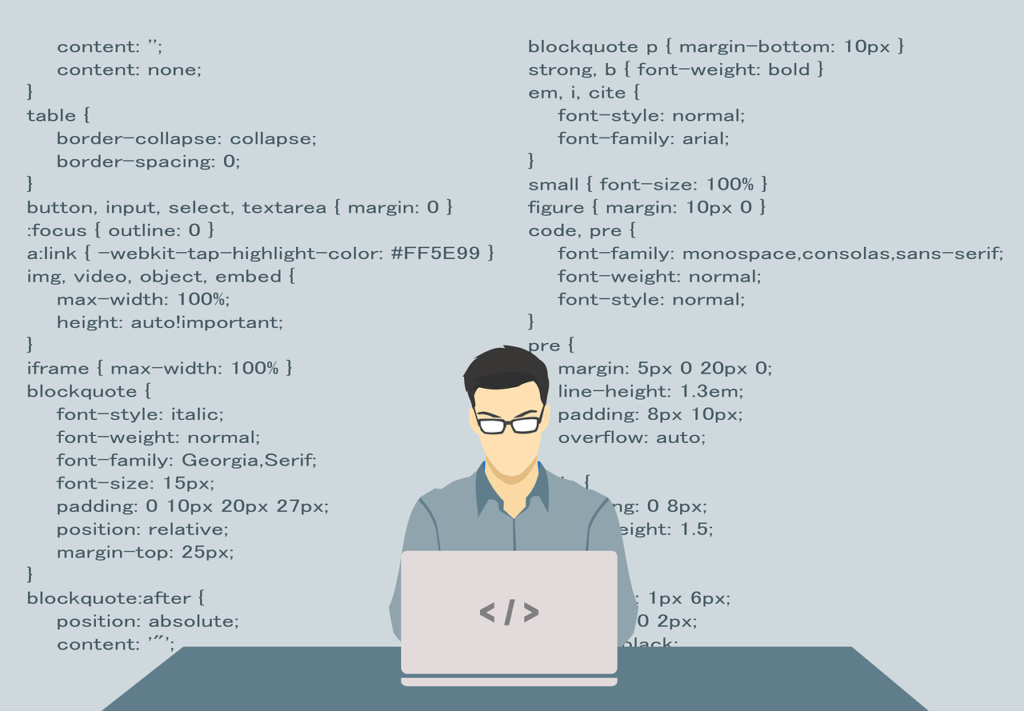
In order to become a WordPress developer, it’s important to have a strong understanding of the platform.
This includes developing and maintaining themes, plugins and other customizations, as well as monitoring website performance, security and other related activities.
Developers must be comfortable installing and configuring WordPress updates and plugins, and providing technical support to clients.
It is also beneficial to write and maintain documentation for all customizations and modifications, as this will help ensure that websites are up-to-date and secure.
With the right knowledge, technical skills, and creative flair, becoming a WordPress developer can be a rewarding and lucrative career.
There are a range of courses and tutorials available online, as well as a wealth of resources that can help to develop the skills needed to become a successful WordPress developer.
How to Become a WordPress Developer
Becoming a WordPress developer is an exciting and rewarding career path.
To become a WordPress developer, it is important to understand the basics of the WordPress platform and become knowledgeable in HTML, CSS, JavaScript, MySQL, web security, and SEO.
The best way to become familiar with the WordPress platform is to explore the WordPress Codex, the online manual which provides a comprehensive and up-to-date reference for WordPress functions, classes, and methods.
Additionally, you should learn how to install WordPress on your own server or hosting account.
Once you understand the WordPress platform, you should become knowledgeable in HTML, CSS, and JavaScript.
This will enable you to create and customize WordPress themes. Additionally, you should learn how to use plugins to extend WordPress functionality and become familiar with the WordPress API.
Another important skill for WordPress developers is understanding MySQL and how to interact with WordPress databases.
Additionally, you should learn how to debug and troubleshoot WordPress sites, as well as become knowledgeable in web security and how to secure WordPress sites.
Finally, you should understand how to optimize WordPress sites for performance and SEO.
By understanding the basics of the WordPress platform and becoming knowledgeable in HTML, CSS, JavaScript, MySQL, web security, and SEO, you will be well-equipped to become a WordPress developer.
Step 1: Master the Fundamentals of Coding

Training to become a WordPress developer is a great way to improve your technical skills and stand out to potential employers.
To achieve this, master HTML and CSS, become familiar with JavaScript and jQuery, understand WordPress architecture, and explore the WordPress codex.
These steps will set you up for successful WordPress development.
HTML and CSS form the basis of any website and are extremely important to WordPress developers like you.
Developing these skills will be very beneficial in the long run.
JavaScript and jQuery are programming languages that play an important role in WordPress development and allow you to create dynamic and interactive elements on your website.
To be successful in WordPress development, it’s important to understand how WordPress works.
This includes understanding the database structure, understanding the template hierarchy, and keeping the various versions of WordPress up to date.
The WordPress Codex can be a valuable resource, providing a wealth of information to keep you up to date.
In addition to technical skills, following best practices is important when developing a WordPress site.
This includes writing clean and secure code, coding for accessibility, and adhering to WordPress coding standards.
By adopting these practices, you can create high-quality websites that are efficient, secure, and user-friendly.
Follow these steps to gain a thorough understanding of WordPress and quickly establish yourself as an expert WordPress developer.
With the right knowledge, continuous learning, and dedicated practice, you can open up a world of opportunities in the dynamic field of WordPress development and take your career to a new level.
Recommended Courses for Aspiring WordPress Developers
For those considering a career in WordPress development, it’s beneficial to undertake some courses to help master the relevant skills. Here are a few recommendations from popular sources:
- WordPress Essential Training from LinkedIn Learning – This course provides an in-depth understanding of how to build and maintain a website or blog on WordPress.
- WordPress for Beginners from Udemy – Ideal for beginners, this course covers the basics of WordPress, including how to set up a website, customize its appearance, and use plugins.
- JavaScript and jQuery essentials for WordPress from Udemy – This course helps you deepen your understanding of JavaScript and jQuery, crucial for creating interactive WordPress sites.
- The Complete WordPress Website Business Course from Udemy – This comprehensive course, suitable for beginners and intermediates, covers all aspects of WordPress, from setting up a website to SEO and monetization.
- Become a WordPress Developer: Unlocking Power with Code from Udemy – This course helps to unlock the full power of WordPress by diving into PHP, JavaScript, and the WordPress API.
- WordPress Academy: Learn WordPress step by step from Skillshare – This course provides a step-by-step guide to creating a WordPress website, from scratch to launch.
Step 2: Read Up on WordPress Specifically
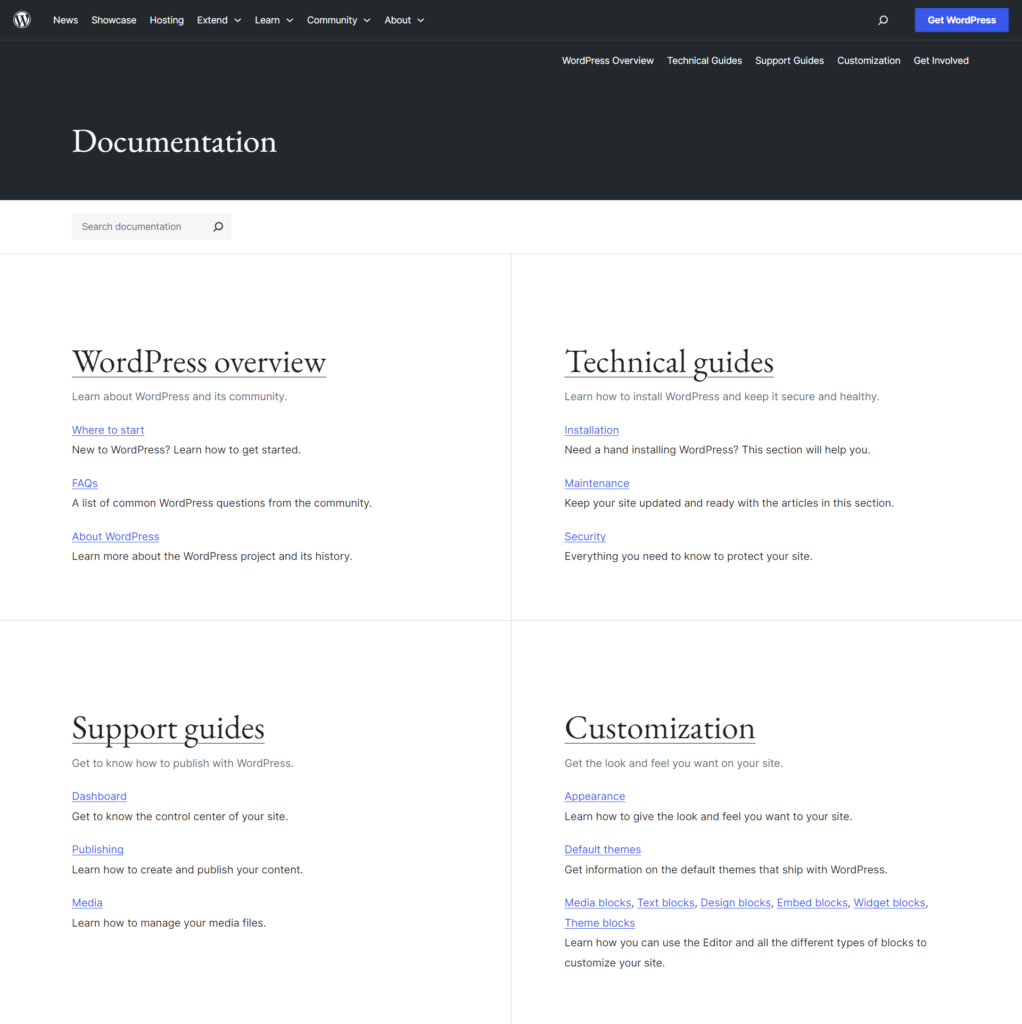
Becoming a WordPress developer is indeed a challenging task, but with dedication and hard work, anyone can achieve proficiency in WordPress development.
The second step towards becoming a WordPress developer is to familiarize yourself with the basics of WordPress.
You can do this by referring to the official documentation, which provides a comprehensive understanding of the WordPress system. This will lay a solid foundation for your journey.
Once you have grasped the core concepts of WordPress, it’s time to delve into theme and plugin development.
Understanding the purpose of different files and folders in the WordPress installation will give you a deeper insight into the system.
It is equally important to adhere to WordPress coding standards and best practices, as this will enable you to create secure and efficient code.
To take your skills to the next level, it is crucial to familiarize yourself with the WordPress API and its functions.
This knowledge will empower you to develop custom and secure solutions.
Additionally, gaining familiarity with popular themes and plugins will help you integrate your code seamlessly with the existing options.
Lastly, stay updated with the latest tools, frameworks, and security guidelines for WordPress development.
This will enhance your development process, making it faster and more efficient while ensuring the security of your code.
By following these steps with dedication and perseverance, you will become a proficient WordPress developer.
Embrace the journey, and soon you will be building and customizing your own WordPress sites with confidence.
Step 3: Choose a Focus Area

Over the years, there has been a noticeable and significant shift in the WordPress development landscape.
As the platform continues to evolve and expand, developers have started to specialize in specific areas to meet the growing demand in the digital world.
This includes plugin development, where experts focus on creating custom functionalities and features to enhance website performance and user experience.
Additionally, theme development has gained prominence, with developers crafting unique and visually appealing designs to help businesses stand out in a crowded online market.
And let’s not forget about freelancing, a popular avenue that allows skilled developers to offer their services independently, providing tailored solutions to clients’ unique needs.
This trend of specialization reflects the ever-increasing complexity and diversity of the digital landscape, highlighting the need for specialized expertise to deliver exceptional WordPress solutions.
Plugin Development
Plugin development is a thriving area in WordPress development, with over 55,000 plugins available in the WordPress directory as of 2021.
The creation of new plugins that extend the functionality of WordPress sites represents a dynamic sector, with a vast number of WordPress sites (estimated at more than 39% of websites on the internet) potentially needing these plugins.
Theme Development
Theme development is another prosperous field, with data from BuiltWith showing that over 39% of websites using Content Management System (CMS) technologies employ WordPress Themes.
This vast percentage demonstrates the high demand for custom, responsive, and aesthetically pleasing WordPress themes in the market.
Freelancing
Freelancing as a WordPress developer offers flexibility and variety, with the potential for substantial income. According to Upwork, WordPress development consistently ranks among the top 20 skills in demand.
And [Payoneer’s Global Freelancer Income Report] 2020 suggests that the average hourly rate for a WordPress developer is approximately $21, indicating a lucrative field.
Success Stories of WordPress Developers
The path to becoming a successful WordPress developer is marked by numerous inspiring individuals who have harnessed the power of WordPress to build impressive careers. Let’s shine a spotlight on a few of these success stories.
- Joost de Valk is widely known in the WordPress community as the founder of the popular SEO plugin, Yoast SEO. He tapped into the growing need for robust and user-friendly SEO solutions, creating a plugin that is now used by millions of websites worldwide. Joost’s expertise in WordPress and his ability to identify a gap in the market made him one of the most successful plugin developers in the WordPress ecosystem.
- Brian Gardner is another successful figure in the WordPress community. He founded StudioPress, a leading provider of WordPress themes, including the famed Genesis Framework. Brian’s keen eye for design and his deep understanding of WordPress has allowed him to create themes beloved by developers and users alike, solidifying his position as a top theme developer.
- Syed Balkhi is a WordPress developer who has made significant strides in the world of WordPress through his website, WPBeginner. This free WordPress resource site offers tutorials, guides, and tips for WordPress users. Syed’s dedication to sharing knowledge and simplifying WordPress for beginners has helped millions of users better navigate the WordPress platform.
- Pippin Williamson is the mastermind behind Easy Digital Downloads, a WordPress plugin that facilitates the selling of digital products on WordPress sites. Pippin’s ability to create a user-friendly and effective plugin, coupled with his dedication to excellent customer support, has won him great respect in the WordPress community.
These inspiring figures demonstrate that with focus, dedication, and the right skills, you can leverage the power of WordPress to create successful careers.
Each of these developers identified gaps, provided solutions, and continually improved their offerings to gain a strong foothold in the WordPress community.
Their journeys serve as motivation for budding WordPress developers to pursue their own paths to success.
Step 4: Create a Development Environment for Testing
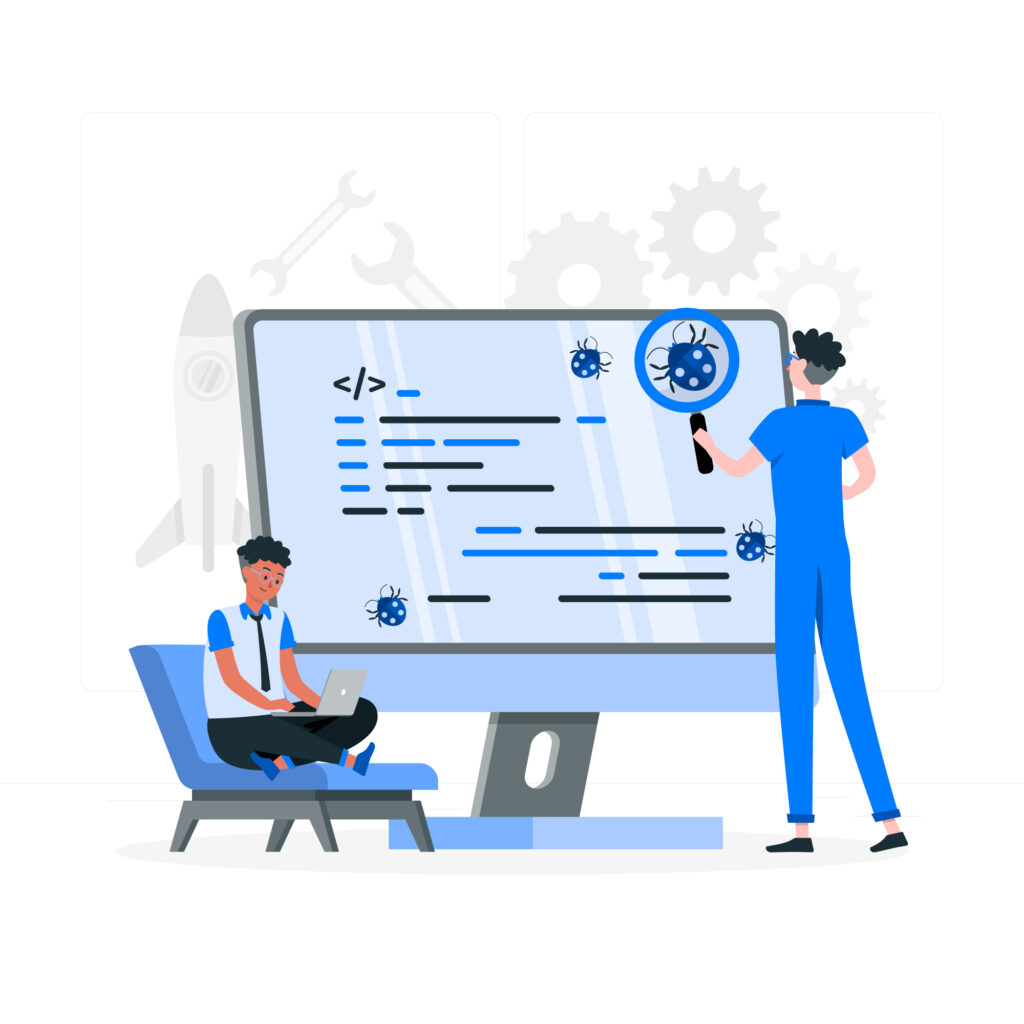
Becoming a WordPress developer requires a certain level of technical expertise and knowledge of the platform. While it may seem daunting at first, there are several steps you can take to get started.
First, you’ll need to set up a local development environment on your computer. This will allow you to test your WordPress code without affecting your live website.
You can install WordPress on your local development environment either manually or using a tool like DesktopServer.
Next, you should create a sandbox environment for testing your WordPress code. This could be a staging server or a local virtual machine.
This will give you the opportunity to test changes to your code without affecting your live website.
Once you have your testing environment set up, you’ll need to set up a version control system. This will allow you to track changes to your code and easily revert back to previous versions. Having a version control system in place will also help you keep track of your progress and ensure that you don’t lose any important changes.
Finally, you should install and configure additional tools for debugging and testing, such as Xdebug or WP_DEBUG. These tools will help you identify and address any issues with your code quickly and efficiently.
By following these steps, you will be well on your way to becoming a WordPress developer. With the right tools and a bit of practice, you can create and manage complex WordPress websites with ease.
Step 5: Become an Active Member of the WordPress Community.

WordPress development is an attractive and rewarding career path for anyone with a knack for coding.
With the right skills and some dedication, you can become a top-notch WordPress developer in no time. Here are some tips to help you get started:
First and foremost, get involved with the WordPress community.
Participate in the forums, join the Slack channels, attend WordCamps and other WordPress-related events, and get involved in the open-source project. These are great ways to connect with other WordPress developers and build your network.
Additionally, you can start contributing to the WordPress Codex and other documentation resources, offering help and advice to other WordPress users, and sharing useful tips and tricks on your blog or social media.
Joining the WordPress Meetup groups in your area is another great way to stay connected with other developers and stay up to date on the latest trends.
Another great way to become a top-notch WordPress developer is to contribute to plugins and themes.
Writing tutorials and reviews about WordPress related topics is also a great way to learn more about WordPress and sharpen your skills.
Once you’ve gained some experience and confidence, you can start looking for freelance work or a full-time job as a WordPress developer.
With hard work and dedication, you can become a successful WordPress developer in no time.
Step 6: Build a Portfolio.

Did you know that developers with a portfolio receive more work opportunities compared to those without one?
Building a portfolio as a WordPress developer is a great way to showcase your skills and experience, and it increases your chances of landing the projects you desire.
By creating a comprehensive portfolio website, you can demonstrate your expertise in coding, web design, and WordPress development.
It allows you to highlight completed projects with screenshots or live site links, showcase any plugins or themes you have created, and mention any relevant certifications or skills.
Additionally, including articles or blog posts you have written, professional references or testimonials, and any awards or recognition received can greatly enhance your credibility.
Need some inspiration for your portfolio?
Check out popular portfolio resources like Behance, Dribbble, and Awwwards.
With a well-crafted portfolio, you’ll not only stand out from other WordPress developers but also make a lasting impression on potential employers or clients.
Showcasing your skills and experience through a portfolio is your key to success as a WordPress developer.
WordPress Theme Development
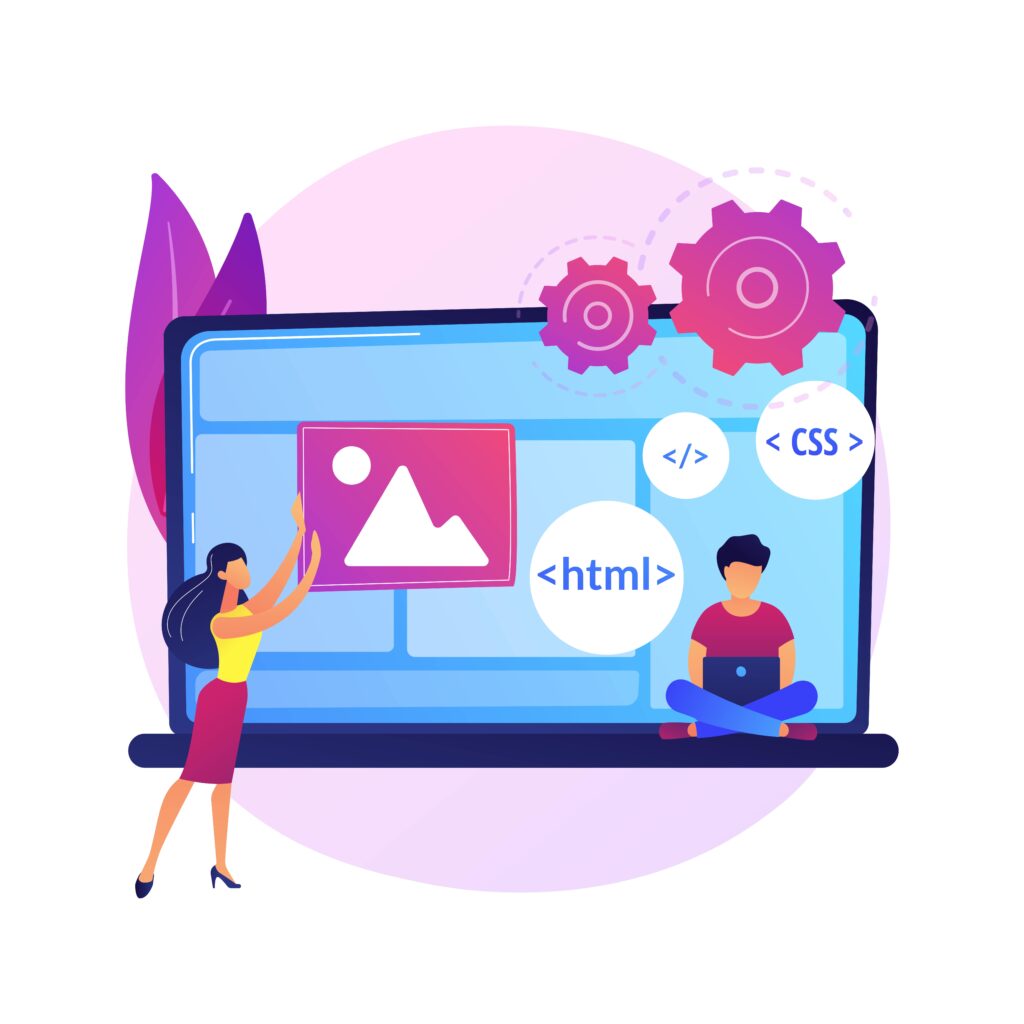
One key aspect that aspiring WordPress developers should focus on is the WordPress Theme Development process.
This involves creating a child theme, customizing templates, and designing unique page layouts.
By mastering the art of theme development, you can create visually stunning and user-friendly websites that stand out from the crowd.
To further enhance your WordPress development skills, it is beneficial to become proficient in various development tools.
This includes mastering debugging techniques, implementing unit testing, and utilizing version control systems.
By utilizing these tools effectively, you can streamline your development process and ensure the highest quality of your WordPress projects.
Familiarity with WordPress development frameworks such as Underscores, Genesis, and Bootstrap can also give you an edge in the WordPress development community.
These frameworks provide a solid foundation and can significantly speed up your development process.
In order to establish yourself as a reputable WordPress developer, it is recommended to build a portfolio of WordPress sites that showcase your skills and expertise.
This includes developing custom themes and plugins tailored to specific projects. By showcasing your work, potential clients or employers can get a glimpse of your capabilities and style.
By acquiring a wide range of skills and experiences, you can position yourself as a proficient WordPress developer ready to take on new and exciting challenges.
With dedication and continuous learning, you can stay ahead of the curve in the ever-evolving world of WordPress development.
WordPress Plugin Development
The realm of WordPress plugin development is full of exciting opportunities for those who dare to explore it.
It’s a constantly evolving landscape that offers a promising career path. Did you know that as of 2021, WordPress powers over 39% of all websites globally?
That’s a staggering 64.1% of the CMS market share! This dominance highlights the high demand for skilled WordPress plugin developers.
By creating plugins that enhance website functionality and improve user experience, you not only fuel your own growth but also contribute to the ongoing success of WordPress, shaping the future of the internet. Pretty cool, right?
Immerse yourself in thorough research to grasp the intricacies of WordPress plugin development and the available APIs.
Familiarize yourself with the programming languages essential for crafting WordPress plugins, including HTML, CSS, PHP, and JavaScript.
Equally important is understanding the WordPress plugin repository and adhering to the guidelines for submitting plugins.
Once you have mastered the fundamentals, it’s time to strategize and plan the features you desire for your plugin.
Design an intuitive user interface and create a prototype that brings your vision to life. Then, painstakingly write the code for your plugin, rigorously testing its functionality to ensure seamless performance.
After crafting your plugin, it’s crucial to submit it to the WordPress repository and promote it. This will enable other users to discover and utilize your creation.
Additionally, diligently monitor the plugin’s performance and user feedback, making necessary updates and improvements along the way.
By following these systematic steps, you can swiftly become a successful WordPress developer.
With the right skills and unwavering dedication, you have the potential to create plugins that are both invaluable and highly sought after.
Embark on your journey today and unlock the realm of WordPress development!
Starting a New Career Path
I know it might seem daunting at first, but becoming a WordPress developer can be a truly rewarding and profitable journey.
To get started, you’ll need to master the basics of web development like HTML, CSS, and JavaScript. Exploring the WordPress platform and its features is also a must.
There are numerous free online courses and tutorials for WordPress web development that can serve as your stepping stones.
Next, get your hands dirty by actually building WordPress websites and plugins.
This hands-on experience will help you gain practical insight, and also allow you to build a portfolio showcasing your skills. Don’t hesitate to join WordPress user groups and attend meetups.
They are terrific opportunities to network with other developers and stay updated on the latest trends.
On top of that, consider taking on freelance WordPress development projects. This will not only help you gain real-world experience but also add to your portfolio.
When you’re ready, you can start looking for job opportunities where your WordPress skills are needed. I’m sure you’ll do great!
How Much Does a WordPress Developer Make?

Alright, let’s talk money.
The earning potential for a WordPress developer is quite promising, with the average salary standing around $60,000 per year.
However, bear in mind this can vary greatly due to factors like your experience level, location, and the industry you’re in.
As a freelance WordPress developer, you can expect to earn anywhere between $25 to $100+ per hour.
Naturally, as you gain more experience and your skills improve, the more you’ll be able to charge for your services.
Plus, WordPress developers working for companies often receive a higher salary than freelancers.
Also, those based in major cities typically earn more than those in rural areas.
To tap into this potential, you’ll need to hone your skills and gain valuable experience. This includes mastering coding languages like HTML, CSS, and JavaScript and understanding WordPress customization options.
With the right mix of skills and persistence, you’ll find yourself thriving in the WordPress development world.
Final Thoughts
So here we are, at the end of your guide to becoming a WordPress developer.
If you’ve reached this point, then I must say, hats off to you! This tells me you’re serious about your journey.
Now, it’s time for you to take these words and turn them into action.
Dive headfirst into learning, experimenting, and creating. Before you know it, you’ll find yourself thriving as a WordPress developer. Best of luck!



